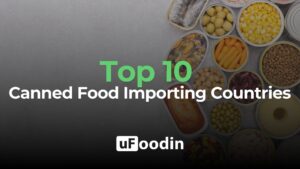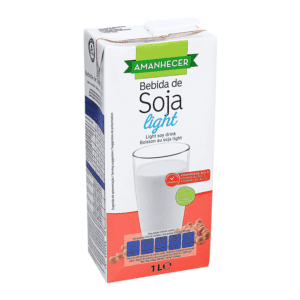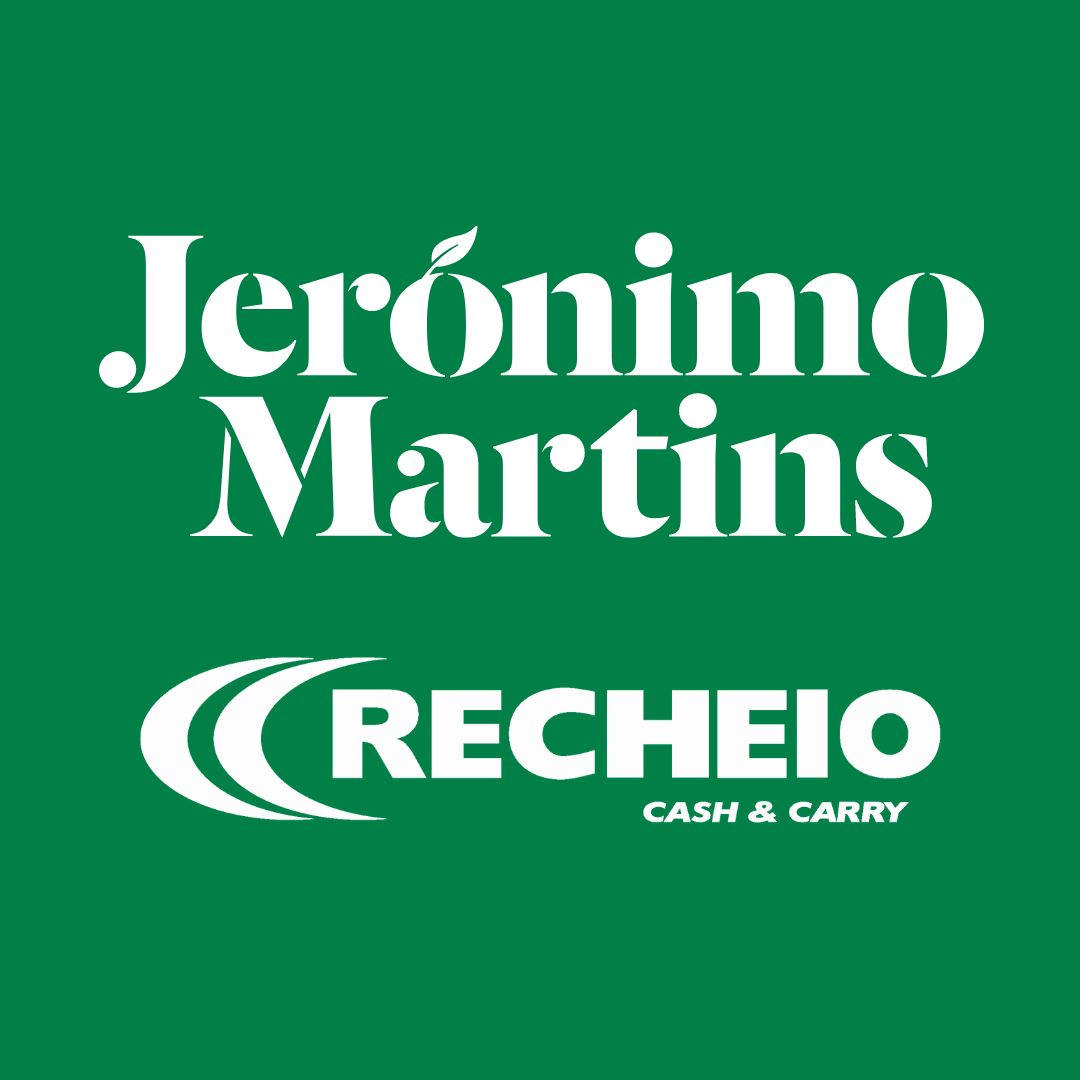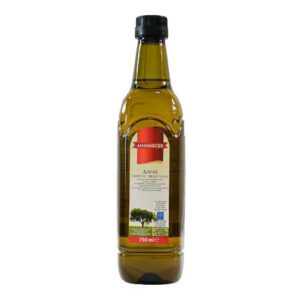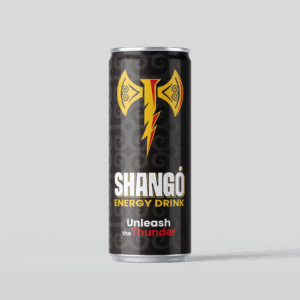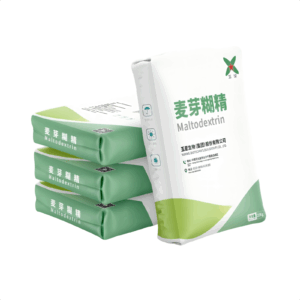
Top 10 Gluten-Free Brands Shaping the Market
The gluten-free industry has undergone remarkable growth in recent years, driven by increasing awareness of gluten-related health conditions such as celiac disease and gluten sensitivity. In 2023, the global gluten-free food market was valued at $6.7 billion and is expected to reach $9.9 billion by 2028, growing at a CAGR of 8.1%. This rapid growth has been fueled by the rising adoption of gluten-free diets, not just for medical reasons but also as part of broader health and wellness trends.
The U.S. and Europe dominate the market, accounting for over 60% of global revenue, while the Asia-Pacific region is emerging as a key growth area due to increasing urbanization and changing dietary preferences. Consumers are now demanding gluten-free products that match or exceed the taste, texture, and nutritional value of traditional options, leading brands to innovate continuously.
Despite challenges such as cross-contamination risks, higher production costs, and the need to maintain nutritional integrity, the gluten-free sector has become a vibrant part of the global food industry. This article highlights the Top 10 Gluten-Free Brands that are leading the charge with innovation, quality, and consumer satisfaction.

- Canyon Bakehouse
- Headquarters: Johnstown, Colorado, USA
- Why It Stands Out: Canyon Bakehouse offers a wide range of gluten-free baked goods, including bread, bagels, and buns, known for their soft texture and whole-grain ingredients.
- Key Innovations: The brand utilizes 100% whole grains and has developed a unique baking process to produce gluten-free bread that closely resembles traditional wheat-based products.
- Schär
- Headquarters: Burgstall, Italy
- Why It Stands Out: Schär is a European leader in gluten-free products, offering a diverse portfolio ranging from bread and pasta to snacks and desserts, all crafted with a focus on taste and nutrition.
- Key Innovations: The company invests in research to develop gluten-free products that mimic the texture and flavor of their gluten-containing counterparts, ensuring a satisfying consumer experience.
- Bob’s Red Mill
- Headquarters: Milwaukie, Oregon, USA
- Why It Stands Out: Known for its extensive line of gluten-free flours, grains, and baking mixes, Bob’s Red Mill emphasizes whole, minimally processed ingredients.
- Key Innovations: The brand operates a dedicated gluten-free facility to prevent cross-contamination and offers a wide array of products catering to both home bakers and commercial needs.
- Udi’s Gluten Free
- Headquarters: Boulder, Colorado, USA
- Why It Stands Out: Udi’s provides a broad selection of gluten-free baked goods, including breads, muffins, and granola, recognized for their quality and availability in mainstream markets.
- Key Innovations: Pioneered the introduction of gluten-free products into major grocery chains, increasing accessibility for consumers seeking gluten-free options.
- Enjoy Life Foods
- Headquarters: Chicago, Illinois, USA
- Why It Stands Out: Specializing in allergy-friendly products, Enjoy Life offers a variety of gluten-free snacks free from the top 14 allergens, making them suitable for individuals with multiple dietary restrictions.
- Key Innovations: The company has developed proprietary recipes to create safe and tasty snacks, including cookies, bars, and baking chocolates, for those with food sensitivities.
- Glutino
- Headquarters: Boulder, Colorado, USA
- Why It Stands Out: Glutino offers a wide range of gluten-free products, from bread and pasta to snacks and baking mixes, focusing on delivering taste and quality.
- Key Innovations: The brand has expanded its product line to include innovative gluten-free versions of popular snack items, enhancing variety for consumers.
- Kinnikinnick Foods
- Headquarters: Edmonton, Alberta, Canada
- Why It Stands Out: Kinnikinnick specializes in gluten-free and allergy-friendly baked goods, including donuts, bread, and cookies.
- Key Innovations: The company produces fortified gluten-free options, ensuring its products are not only safe but also nutritionally balanced for consumers.
- Pamela’s Products
- Headquarters: Ukiah, California, USA
- Why It Stands Out: Pamela’s is known for its gluten-free baking mixes, cookies, and snack bars, with a strong emphasis on quality and flavor.
- Key Innovations: Introduced organic and non-GMO certified baking mixes, appealing to the growing demand for clean-label products.
- Nature’s Path
- Headquarters: Richmond, British Columbia, Canada
- Why It Stands Out: Nature’s Path offers organic, gluten-free cereals and granola, combining nutrition with eco-conscious production methods.
- Key Innovations: The brand’s commitment to sustainability includes using renewable energy and recyclable packaging for all its products.
- Barilla Gluten Free
- Headquarters: Parma, Italy
- Why It Stands Out: Barilla, a global leader in pasta, has successfully adapted its expertise to the gluten-free market, offering a wide range of gluten-free pasta products.
- Key Innovations: Utilizes a blend of corn and rice to create pasta that closely mimics the texture and flavor of traditional wheat-based pasta.
Major Challenges in the Gluten-Free Industry
- Cross-Contamination Risks
- Overview: Ensuring products are truly gluten-free is a significant challenge, especially during production and packaging. Even trace amounts of gluten can cause health issues for individuals with celiac disease.
- Impact: Brands must invest in dedicated facilities and rigorous testing to certify their products as gluten-free, which increases production costs.
- High Production Costs
- Overview: Gluten-free ingredients, such as almond or coconut flour, are often more expensive than traditional wheat-based ingredients.
- Impact: Higher raw material costs are often passed on to consumers, making gluten-free products less accessible for some demographics.
- Maintaining Nutritional Value
- Overview: Gluten-free alternatives can sometimes lack essential nutrients such as fiber, vitamins, and minerals found in traditional grains.
- Impact: Brands must find ways to fortify their products without compromising taste or texture.
- Limited Awareness in Emerging Markets
- Overview: While awareness is high in regions like North America and Europe, emerging markets still face limited education about gluten intolerance and the benefits of gluten-free products.
- Impact: This slows market expansion and requires targeted efforts to increase awareness.
- Intense Competition
- Overview: The gluten-free market has become highly competitive, with large brands, startups, and local producers all vying for consumer attention.
- Impact: Brands must continually innovate to differentiate themselves and retain loyalty in a crowded marketplace.

Key Trends in the Gluten-Free Market
- Clean Label and Organic Products
- Consumers are increasingly demanding clean-label products that use organic and non-GMO ingredients. This trend is driving gluten-free brands to emphasize transparency and ethical sourcing.
- Plant-Based and Gluten-Free Overlap
- Many gluten-free consumers are also seeking plant-based options. Brands like Nature’s Path and Enjoy Life are catering to this dual demand with plant-based, allergen-free products.
- Focus on Fortification
- Brands are addressing nutritional gaps by fortifying gluten-free products with added fiber, protein, and essential nutrients like iron and B vitamins.
- Expansion of Ready-to-Eat Products
- Convenience is a key driver, with consumers looking for gluten-free snacks, frozen meals, and quick-prep options. Brands like Udi’s and Glutino are expanding their ready-to-eat offerings.
- E-Commerce Growth
- Online sales of gluten-free products are surging, as consumers seek variety and convenience. Many brands are leveraging direct-to-consumer channels and digital marketing to expand their reach.
The gluten-free market continues to grow as consumer demand for high-quality, safe, and diverse options increases. These Top 10 Gluten-Free Brands demonstrate how innovation, commitment to quality, and addressing consumer needs have made them leaders in this space. However, challenges like cross-contamination risks and production costs remain significant barriers.
Trends such as clean-label products, plant-based overlaps, and fortified gluten-free offerings are reshaping the industry, creating opportunities for growth and differentiation. Platforms like uFoodin provide an excellent venue for gluten-free brands to showcase their innovations, connect with key stakeholders, and explore new opportunities in a competitive global market.
uFoodin Editorial Team
Bibliography
- Fortune Business Insights: Gluten-Free Market Overview
- Statista: Gluten-Free Food Market Insights
- Industry Reports: Trends and Challenges in Gluten-Free Products
- Company Websites: Canyon Bakehouse, Schär, Bob’s Red Mill, Udi’s
- uFoodin Official Website


